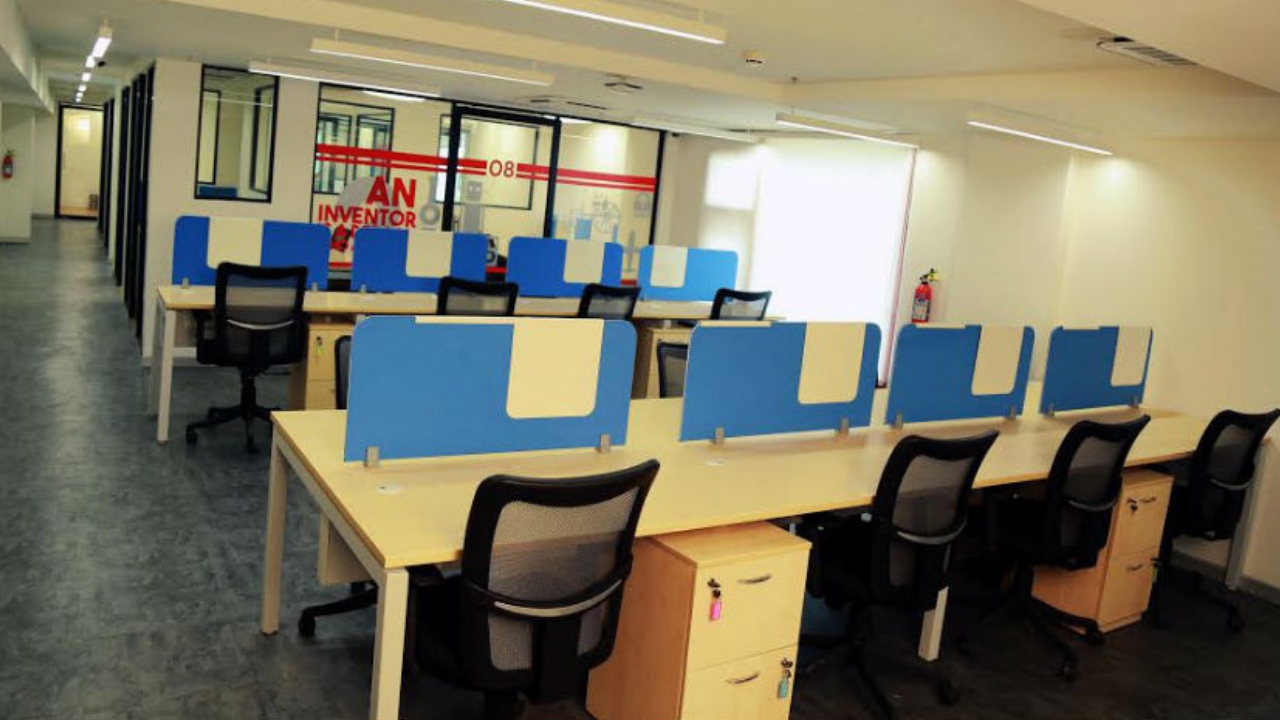The coworking space market has dominated India’s commercial real estate in 2018, growing 50% from 2017. Many corporations, SMEs, and startups made the transition to flexible office spaces, leading India to become one of the biggest flexible space markets in APAC.
Although coworking spaces used to primarily consist of entrepreneurs and small startups, corporations now make up 40 to 45% of coworking memberships, while freelancers and startups only make up 20 to 25%.
Bangalore and Delhi-NCR were the largest markets in India, and are expected to triple by 2021.
Supply and demand have balanced out over the past three years, while domestic players have led the market with 68% of flexible space stock.
Flexible offices offer innovative and productive environments, that have filled the gap in the commercial real estate sector in India by opening avenues that allow access to infrastructure across the country.
Awfis, one of the first operators to enter the Indian coworking market, has led this “uberisation” of offices spaces by providing affordable plans.
Now, Tier II markets are seeing a rise in entrepreneurs, allowing some operators to expand into cities such as Chandigarh, Ahmedabad, and more.
This year, many coworking space providers have made use of unused spaces such as malls and hotels, and have added amenities and the infrastructure to create modern, unique flexible offices.
The market will grow somewhere between 4x and 8x in 2019. Technology, cost management, innovation and talent acquisition will strengthen in the market.
Millennials have taken up 1/4th of the working population in India and will be the leading force in pushing for more corporations to enhance their work environments. Subsequently, coworking spaces will offer even more flexibility, as well as social events and amenities to cater to certain audiences.
Coworking is more than a disruptor of the commercial real estate market— it is a crucial part and has become its own sector, giving traditional offices tough competition.

 Dr. Gleb Tsipursky – The Office Whisperer
Dr. Gleb Tsipursky – The Office Whisperer Cat Johnson – Coworking Marketing Maven
Cat Johnson – Coworking Marketing Maven Angela Howard – Culture Expert
Angela Howard – Culture Expert Drew Jones – Design & Innovation
Drew Jones – Design & Innovation Andrea Pirrotti-Dranchak – Competitive Advantage
Andrea Pirrotti-Dranchak – Competitive Advantage Jonathan Price – CRE & Flex Expert
Jonathan Price – CRE & Flex Expert Jeremy Fennema – Tech Innovation Alchemist
Jeremy Fennema – Tech Innovation Alchemist











